How to Prevent Tooth Decay in Baby Teeth

Understanding Baby Tooth Decay
Ensuring your child's teeth remain healthy right from the start is crucial for their long-term dental health. Baby teeth, although temporary, play a vital role in a child's development, contributing to proper biting, chewing, and speech. Understanding the causes of tooth decay can help in implementing effective preventive measures.
The Culprits Behind Baby Tooth Decay

What causes baby teeth to decay?
Tooth decay in baby teeth, commonly referred to as early childhood caries, primarily arises from bacteria that thrive on sugars and carbohydrates left on the teeth. These bacteria metabolize sugars to produce acids, which attack and erode the vulnerable enamel on baby teeth. As a result, yellow or brown spots may appear, indicating deterioration.
Factors that contribute to tooth decay include:
- High-sugar diet: Frequent consumption of sugary foods and drinks increases acid production.
- Poor oral hygiene: Inadequate cleaning allows plaque to build up.
- Lack of fluoride: This mineral helps to strengthen enamel and can prevent decay.
- Insufficient saliva flow: Saliva naturally helps to wash away food particles and neutralize acids.
Risks associated with sugar and poor oral hygiene
The risk for cavities escalates when children have prolonged exposure to sugary substances, especially from bottles or sippy cups that allow liquids to pool around the teeth. Additionally, poor oral hygiene practices, such as not wiping gums or brushing teeth adequately, create an environment where decay-causing bacteria can flourish.
Signs of early decay
Parents should be vigilant in monitoring their child’s dental health. Early signs of decay may include:
- White spots on teeth: These can indicate the beginning of enamel erosion.
- Brown or black stains: More advanced decay often changes the color of the tooth.
- Sensitivity: Noticing discomfort when consuming sweet, hot, or cold foods may signal an issue.
Early detection and intervention are key. Regular dental check-ups are essential to help maintain oral health and prevent the escalation of tooth-related issues.
Establishing an Early Oral Hygiene Routine

Brushing and Flossing for Young Children
Starting an oral hygiene routine early is crucial in preventing tooth decay in children. Parents should clean their baby's gums with a moist washcloth after feedings, even before teeth appear. As soon as the first tooth erupts, begin brushing it twice a day using a small, soft-bristled toothbrush. For children under 3 years old, apply a smear of fluoride toothpaste about the size of a grain of rice. Once they reach 3 years old, switch to a pea-sized amount and encourage them to spit after brushing.
Children are typically not able to floss by themselves until about age 2. Parents should start flossing for them when two teeth begin to touch to maintain good oral hygiene.
Importance of Fluoride Toothpaste
Fluoride is an essential mineral that strengthens tooth enamel and helps prevent cavities. Ensure that your child uses a fluoride toothpaste containing at least 1,000 ppm fluoride. Regular use of fluoride toothpaste is key to fostering a healthy mouth and reversing early signs of decay. Additionally, consider consulting your dentist about fluoride varnish treatments, as these can further protect your child's teeth.
Dental Check-Up Scheduling
Regular dental check-ups are vital for early detection of problems. The American Academy of Pediatrics advises that children should visit a dentist by their first birthday or within six months of their first tooth emerging. These visits can help establish a positive experience with dental care and are crucial for monitoring oral health. Schedule routine visits every six months thereafter to keep your child's teeth healthy.
By establishing good practices early, you can help set the foundation for a lifetime of healthy smiles!
| Topic | Recommendation | Additional Notes |
|---|---|---|
| Brushing for children | Brush twice daily with fluoride toothpaste | Start as soon as the first tooth emerges |
| Flossing | Start when two teeth touch | Parents assist until age 8 |
| Dental check-ups | First visit by age 1 and every six months thereafter | Important for early detection |
Preventive Measures for Protecting Baby Teeth

How do I prevent baby teeth from rotting?
To prevent baby teeth from rotting, begin cleaning your baby's mouth even before teeth emerge by wiping their gums with a soft, damp cloth after feedings. As soon as the first tooth appears, introduce a soft-bristled toothbrush and fluoride toothpaste, using just a smear for those under 2 years old. This is crucial because baby teeth have thinner enamel, making them more vulnerable to decay.
Regular dental check-ups starting around their first birthday are vital for spotting signs of decay early. Look out for dull white bands or any discoloration, which can indicate potential cavities. These visits not only help catch issues promptly but also create a positive association with oral care for your child.
Benefits of using fluoride
Fluoride plays a significant role in maintaining dental health by strengthening tooth enamel and helping to remineralize areas affected by early decay. It’s important to ensure that your child's drinking water is fluoridated or to discuss fluoride varnishes or supplements with your pediatric dentist. Using fluoride toothpaste as soon as the first tooth appears is essential as it directly supports cavity prevention and overall oral hygiene.
Role of regular dental visits
Regular dental visits should become a part of your child's health routine. The American Academy of Pediatrics recommends an oral health assessment by age 6 months and a dental check-up by their first birthday. Early visits help familiarize children with dental environments, making them more comfortable and cooperative in future appointments. They also allow for professional cleanings, checking for fluoride levels, and discussing proper oral hygiene practices, all contributing to keeping your baby's teeth healthy and cavity-free.
Exploring Topical Applications for Cavity Prevention

What can be applied to children's teeth to prevent cavities?
Dental sealants are an effective measure for preventing cavities in children's teeth, specifically targeting the chewing surfaces of molars where cavities frequently form. These thin, protective coatings act as barriers against food particles and cavity-causing bacteria, providing significant protection. Sealants can prevent up to 80% of cavities in molars within the first two years after application and about 50% for the next four years.
When and how to apply sealants
The optimal time to apply dental sealants is soon after the adult molars emerge, usually around ages 6 and 12. The procedure is straightforward: a dentist will clean the teeth and apply the sealant to the grooves, which bonds to the enamel. This helps shield the teeth from decay, particularly beneficial in children's mouths where deep grooves are present.
Accessibility of sealant programs
School sealant programs have been established to improve access to this preventative care, especially for children from low-income families. These initiatives help ensure that more children benefit from sealants, potentially reducing long-term dental treatment costs. Despite the efficacy of sealants, it is concerning that less than half of children and adolescents currently receive this essential protective treatment, highlighting the need for greater application and awareness among parents and caregivers.
Natural Approaches to Oral Health Maintenance
Dietary Recommendations for Strong Teeth
To maintain strong teeth in children, a balanced diet rich in essential nutrients is critical. Foods high in calcium, like cheese and yogurt, along with phosphorus-rich options, such as fish and nuts, play a vital role in strengthening enamel. Vitamin D helps in calcium absorption and can be found in fatty fish and fortified foods. Encouraging crunchy fruits and vegetables—like apples and carrots—can also aid in cleaning teeth naturally and stimulating saliva production, which helps in washing away food particles and bacteria.
Natural Methods to Reduce Bacteria
Natural approaches can effectively reduce cavity-causing bacteria in children's mouths. Oil pulling with natural oils like coconut or sesame oil can help in combating harmful bacteria and is an age-old remedy known for its oral benefits. Additionally, incorporating xylitol—a natural sweetener found in many fruits—can help inhibit bacterial growth in the mouth. Regularly rinsing with water after meals can help keep acidity levels down and further protect against decay.
Importance of Oral Hygiene
Good oral hygiene practices should start early to cultivate healthy habits. Cleaning a baby’s gums with a damp cloth after feedings lays the groundwork for proper dental care. As soon as the first tooth appears, it's essential to begin brushing twice a day with a fluoride toothpaste. Regular dental check-ups, recommended starting at age one, are crucial for early detection and management of any potential cavities, reinforcing a natural approach to maintaining oral health.
Role of Nutrition and Bottle Usage in Dental Health

What dietary habits can support dental health?
Nutritional choices play a crucial role in dental health. Limiting sugar intake, particularly from sugary drinks and snacks, is essential to reduce the likelihood of cavities. Parents should encourage their children to consume a balanced diet rich in fruits, vegetables, whole grains, and dairy products. These foods provide essential nutrients that support strong teeth and healthy gums.
Risks of excessive bottle use
Excessive use of bottles, especially for sugary liquids, can lead to Baby Bottle Tooth Decay. It promotes prolonged exposure of teeth to sugars, which in turn increases the risk of cavities. To mitigate this risk, it is important that parents avoid putting babies to bed with bottles. Instead, keeping bottles out of the bedroom helps limit contact with sugary drinks during the night when saliva production decreases.
Benefits of drinking from a cup
Introducing a cup around the child's first birthday is beneficial for promoting healthy dental habits. Drinking from a cup reduces prolonged exposure to sugars, which helps minimize decay risk. This transition encourages children to develop healthier drinking habits, allowing them to rinse their mouth more effectively with water, thus supporting overall dental health. Regularly drinking water, especially fluoridated tap water, acts to wash away food particles and strengthen tooth enamel.
| Topic | Key Points | Impact on Dental Health |
|---|---|---|
| Dietary Habits | Limit sugars, focus on whole foods | Reduces cavity risk |
| Bottle Usage | Avoid bedtime bottles, prefer water | Minimizes sugar exposure during sleep |
| Transition to Cup | Introduce around 1 year, promotes healthy habits | Better oral health and reduced decay risk |
Educational Insights for Parents
How can parents effectively support their child's dental health?
Parents play a pivotal role in supporting their child's dental health by ensuring consistent practices and attending regular dental visits. Establishing a routine is essential; start by cleaning your baby's gums with a soft, damp cloth after feedings, even before teeth erupt.
Once teeth appear, brushing should begin immediately, using a soft-bristled toothbrush and a small smear of fluoride toothpaste. The American Academy of Pediatrics recommends visiting a dentist by the child's first birthday, ensuring healthy dental habits are established early.
Avoiding saliva transfer
Tooth decay-causing bacteria can be transmitted through saliva. Parents should avoid sharing utensils or cleaning pacifiers with their mouths, as these actions can introduce harmful bacteria to a child's mouth. It's also crucial to maintain separate feeding items for babies to further reduce this risk.
Recognizing early signs of decay
Being vigilant about early signs of dental decay can prevent more serious issues. Parents should regularly check for white spots or discoloration on their children's teeth, which may indicate early cavities. If such signs are noticed, consulting a pediatric dentist promptly can help in treating any issues early on, ensuring the wellbeing of your child's dental health.
Lifelong Benefits of Early Oral Care
Building good oral hygiene habits from a young age sets the foundation for a lifetime of healthy teeth and gums. By understanding the risks of tooth decay and implementing preventive strategies early, you can help your child maintain optimal dental health. Regular dental visits, healthy dietary practices, and consistent oral care routines will collectively safeguard your child's smile for the future.
References
- Why It's Important to Take Care of Baby Teeth - HealthyChildren.org
- Dental: Cavities in Baby Teeth - Nationwide Children's Hospital
- Tooth decay - young children - Better Health Channel
- How to Prevent Tooth Decay in Your Baby | THH Pediatrics
- The Tooth Decay Process: How to Reverse It and Avoid a Cavity
- Tooth Decay (Caries or Cavities) in Children | Johns Hopkins Medicine
- Tooth Decay with Baby Bottles | MouthHealthy
- Preventing Tooth Decay in Young Children - MyHealth Alberta
- Take Care of Your Child's Teeth - MyHealthfinder | odphp.health.gov
- Why Does My Child Keep Getting Cavities? - Hurst Pediatric Dentistry
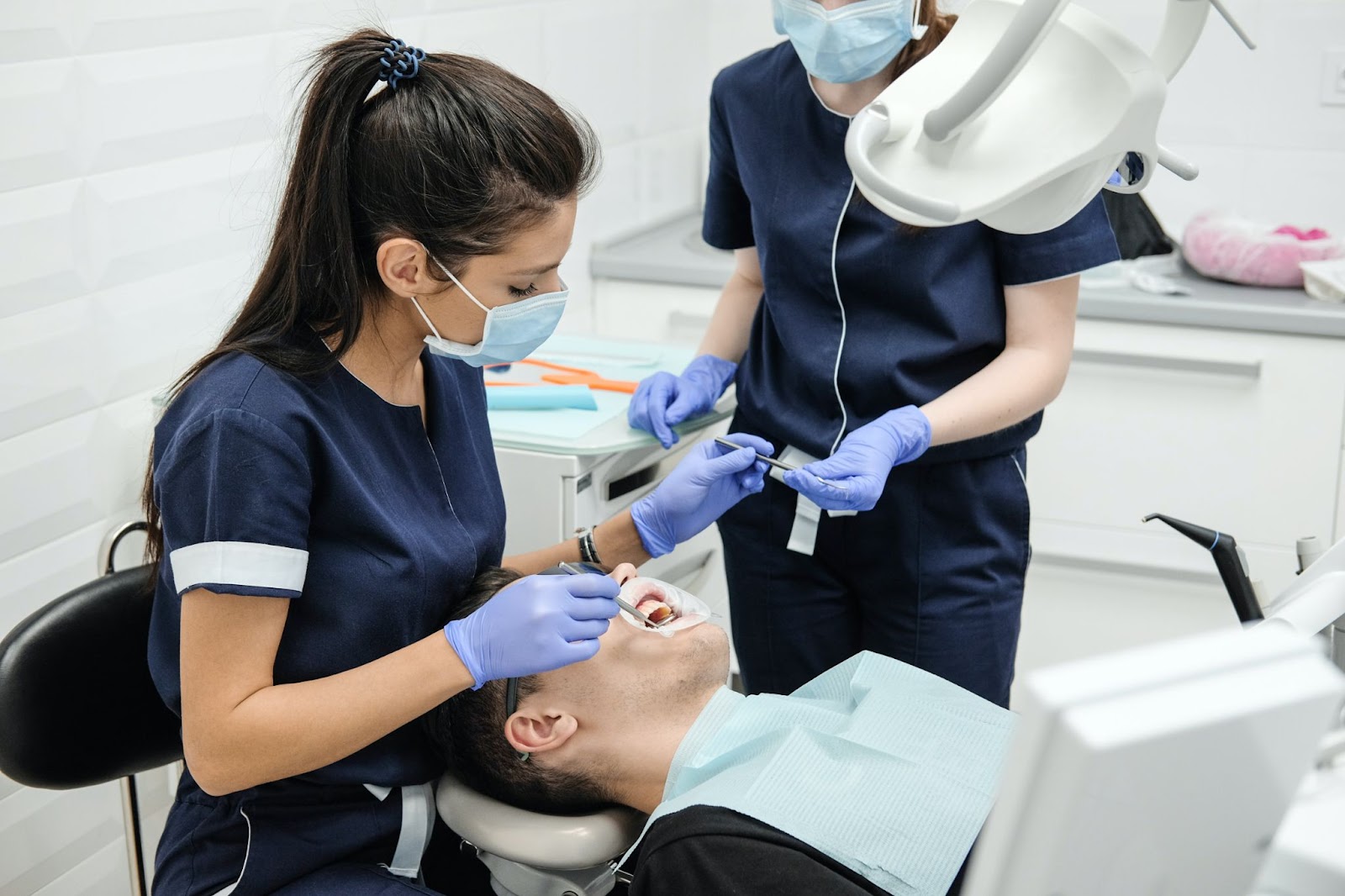






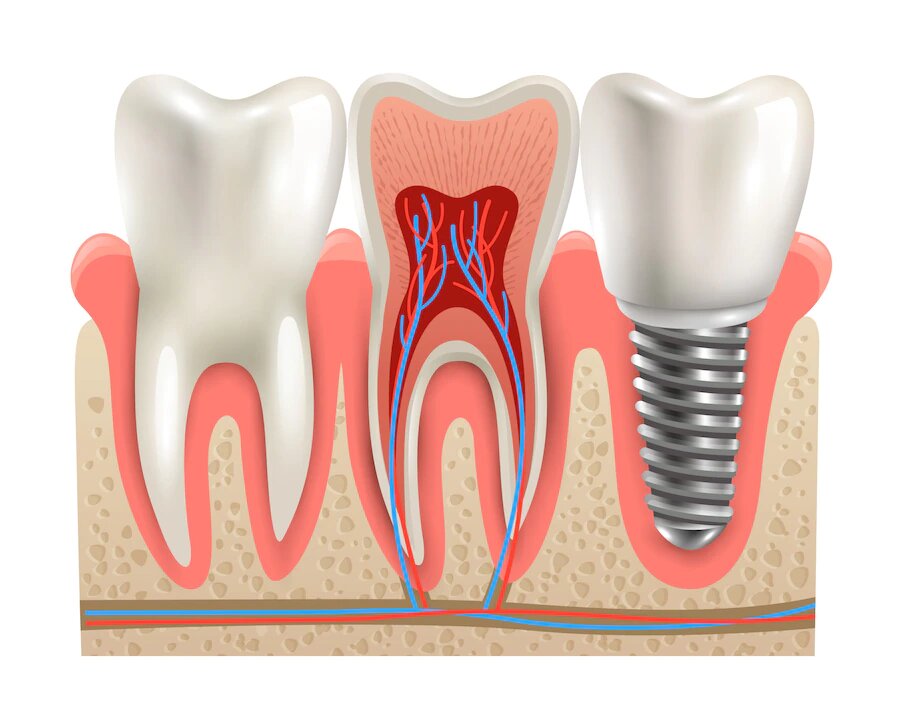










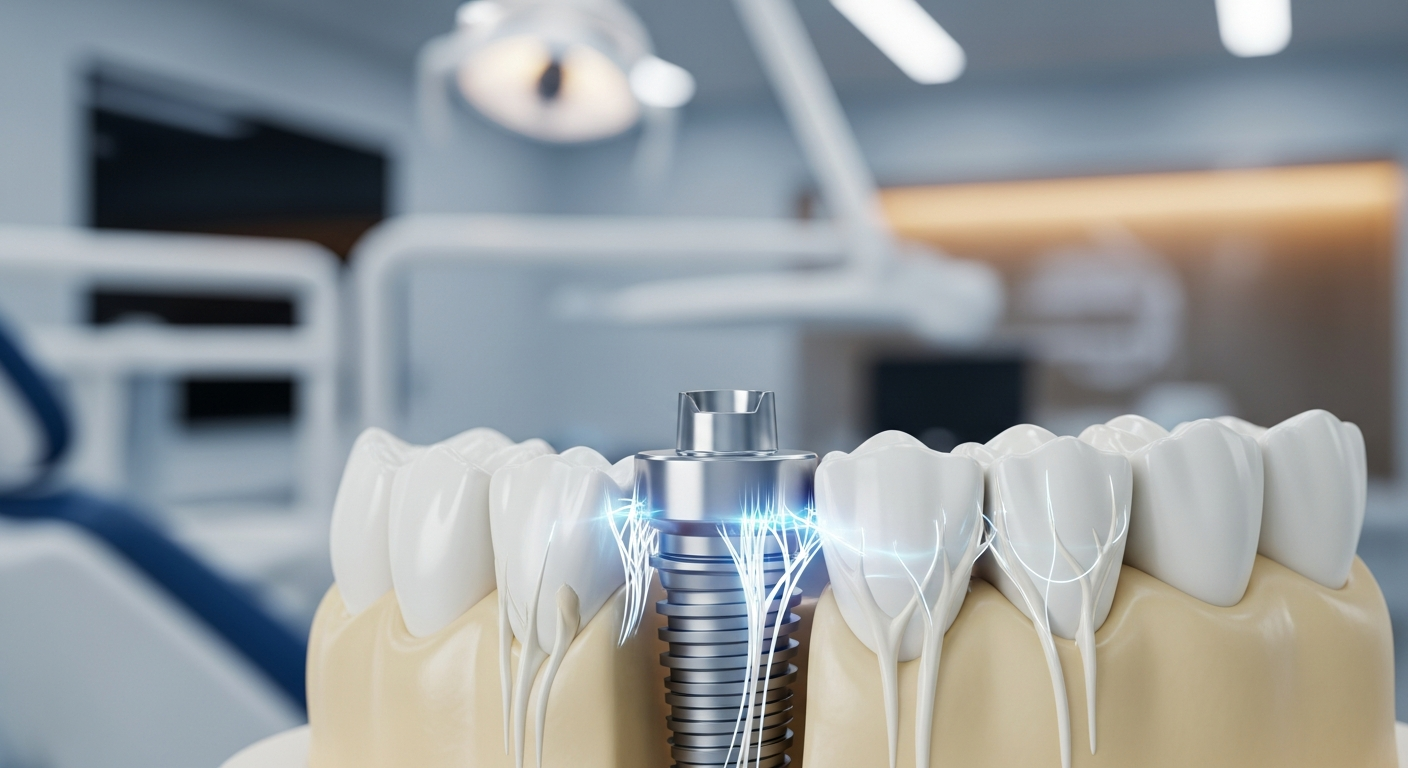
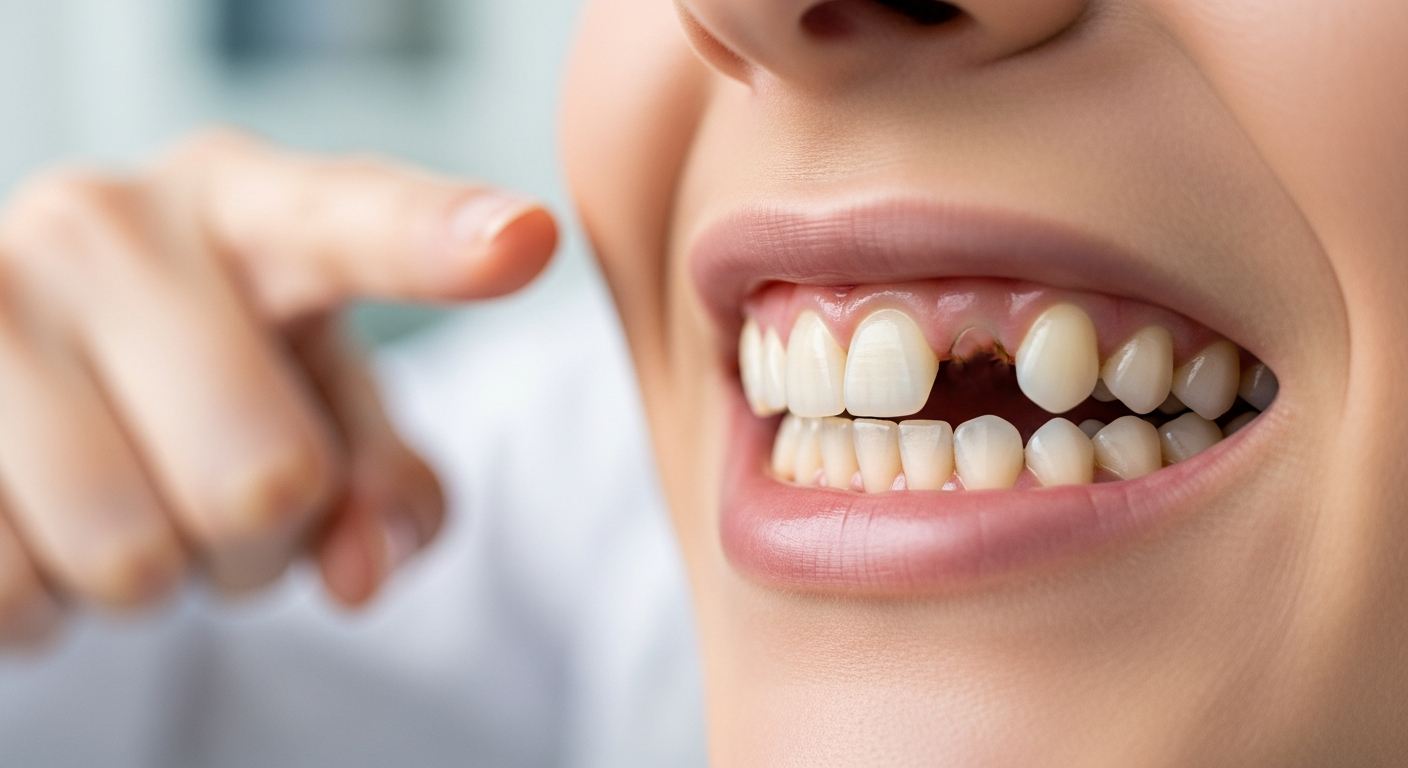





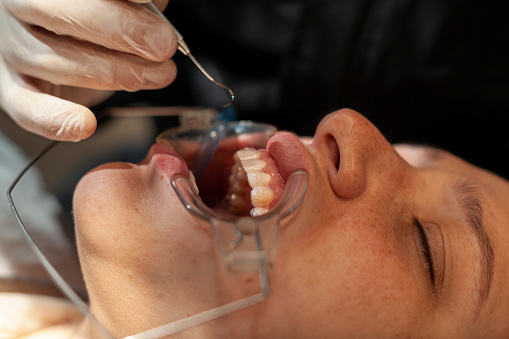

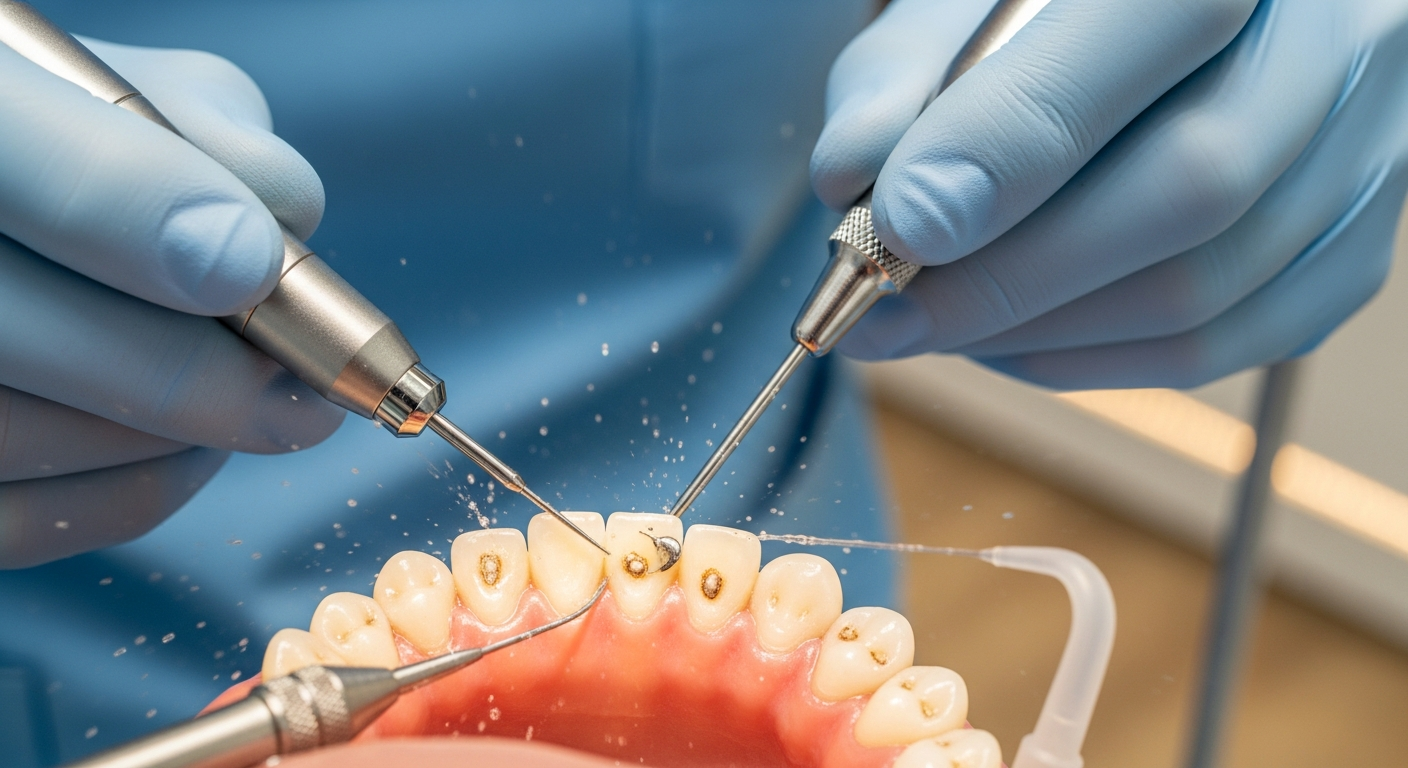


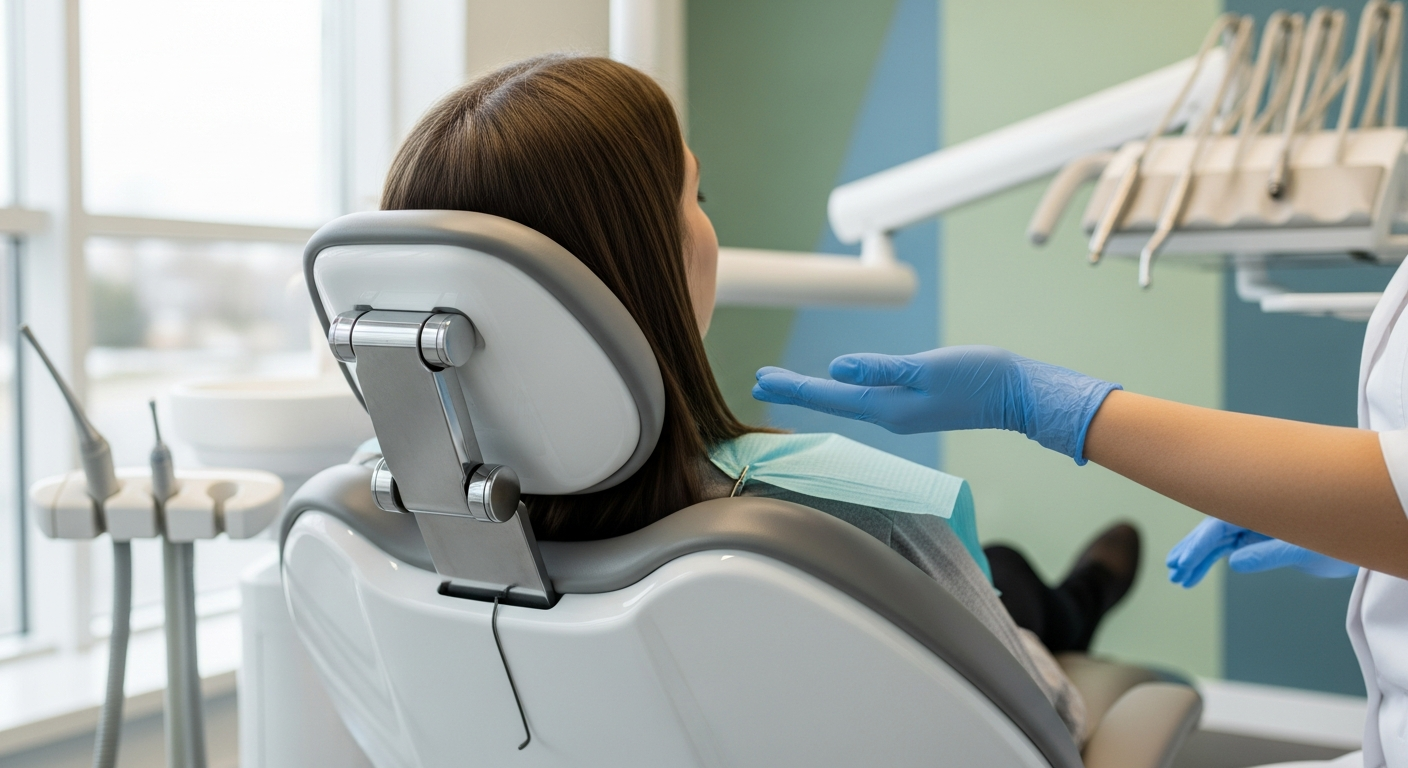


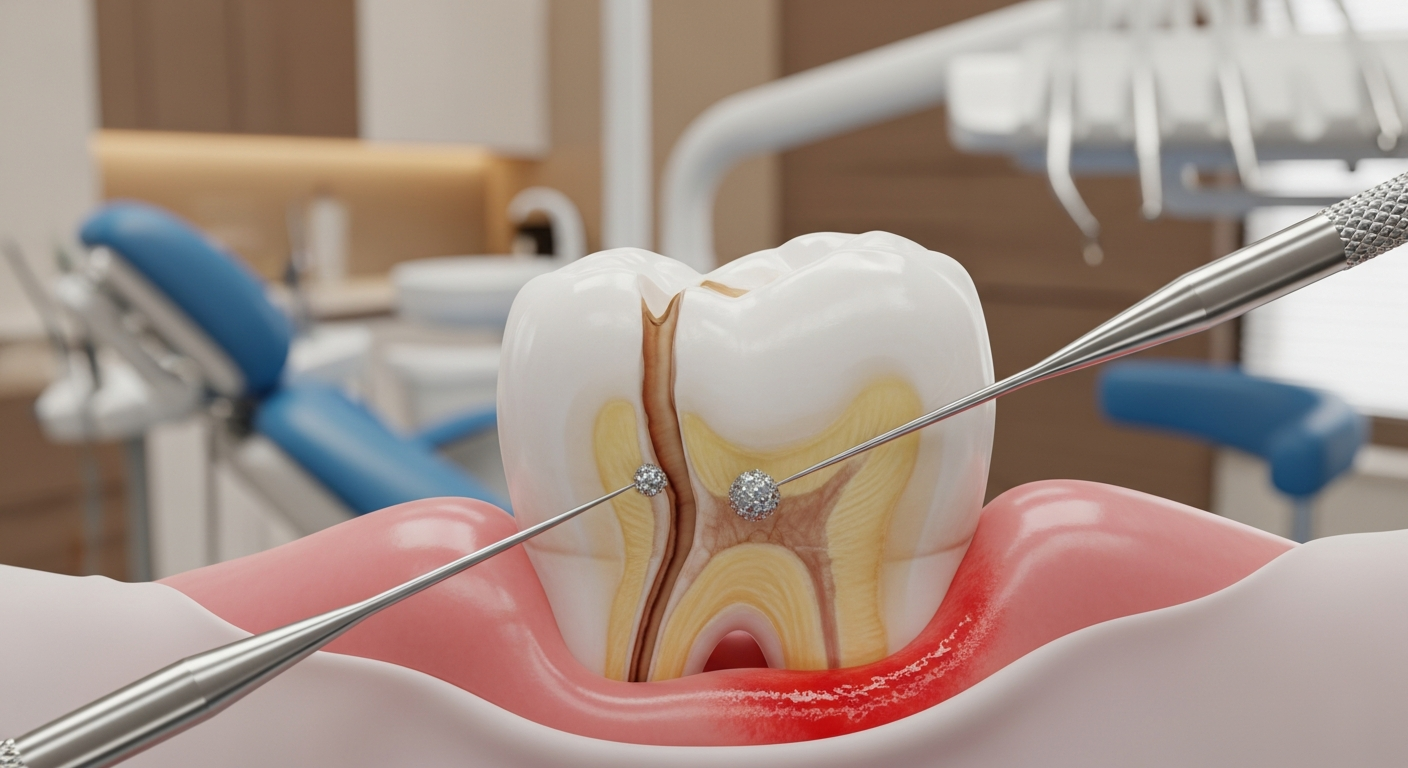




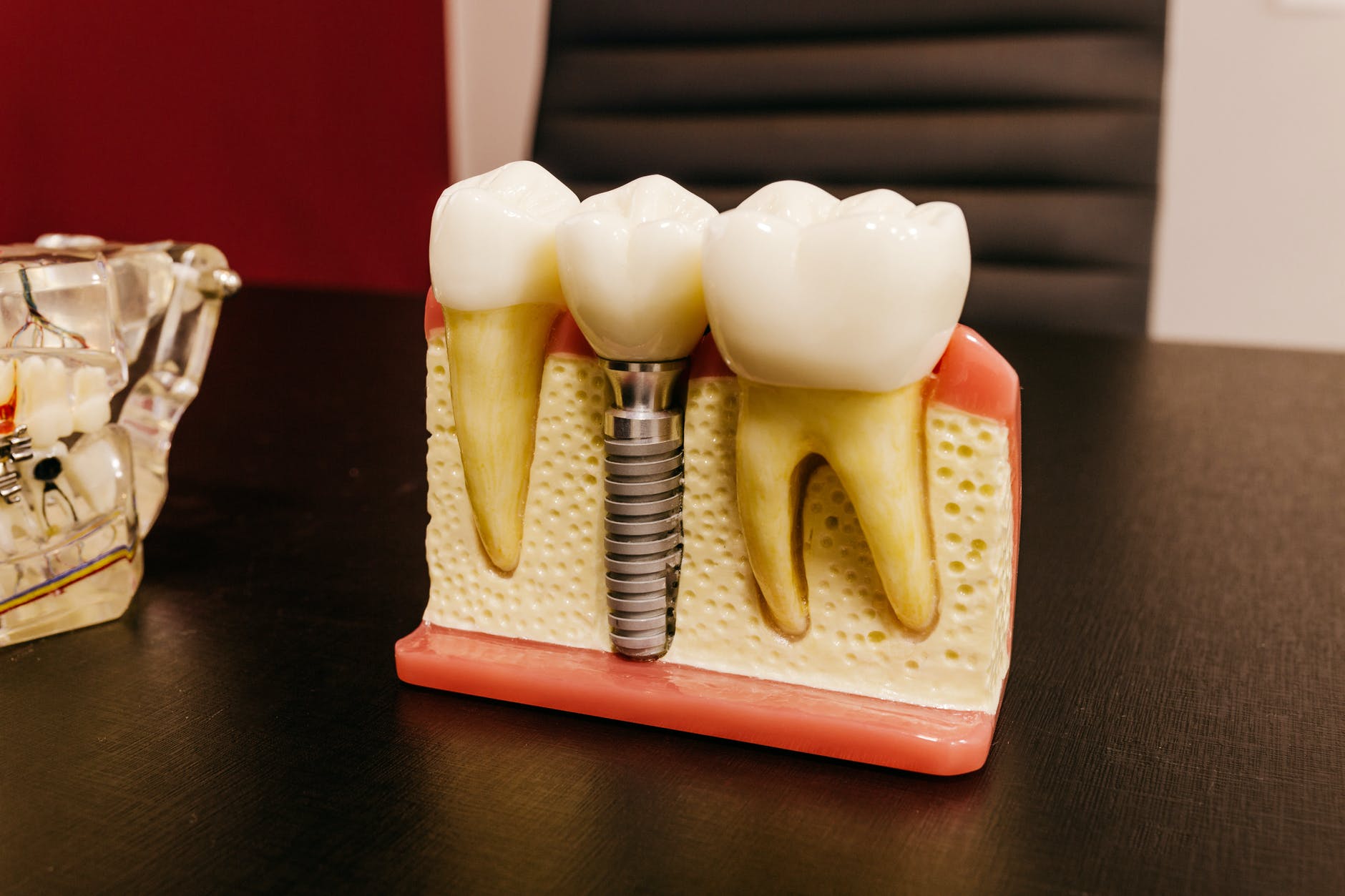


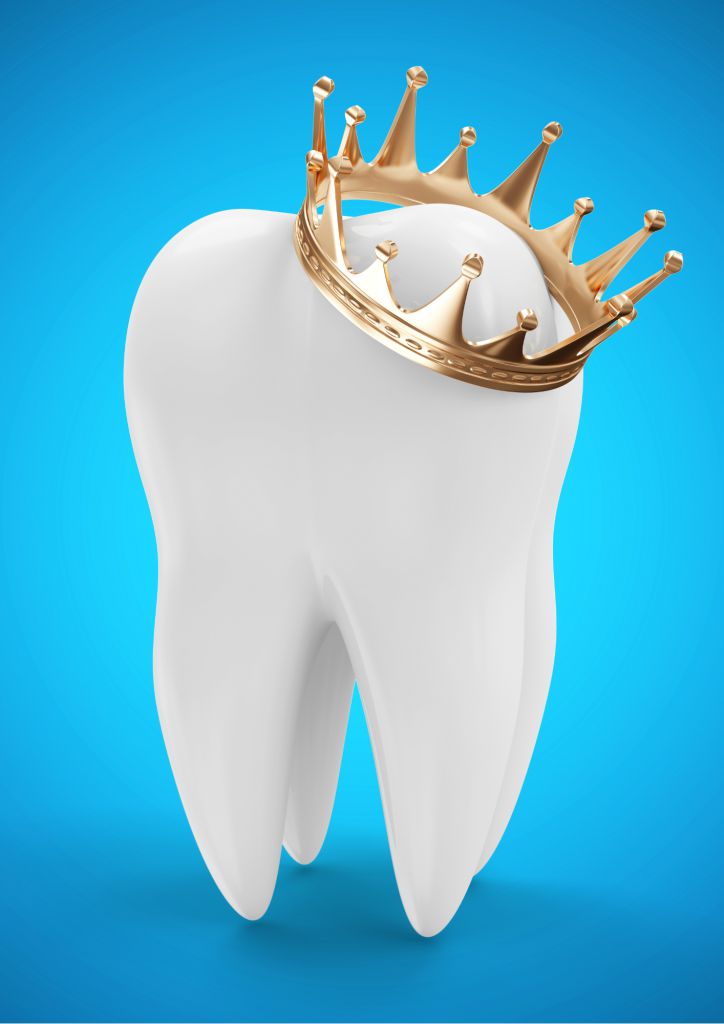







.avif)







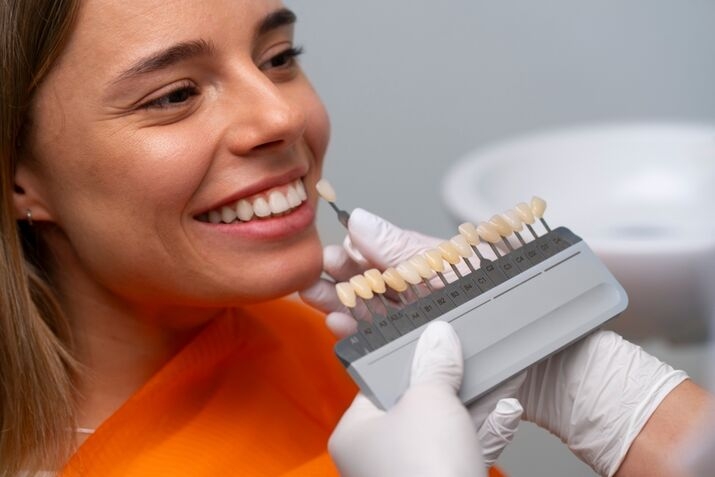
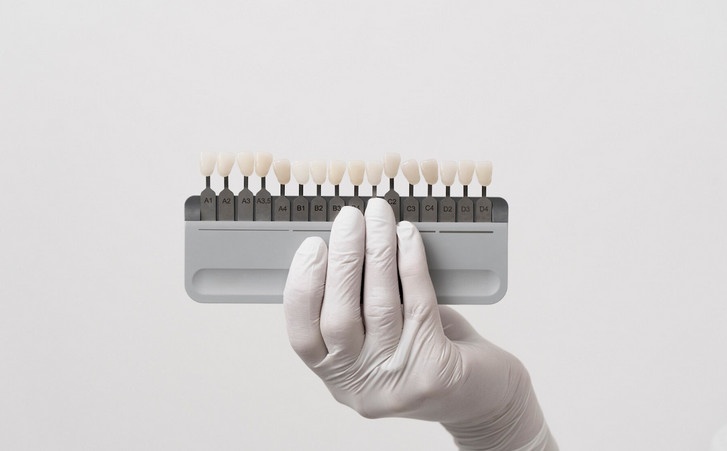

.jpg)


















.avif)


















.jpg)


